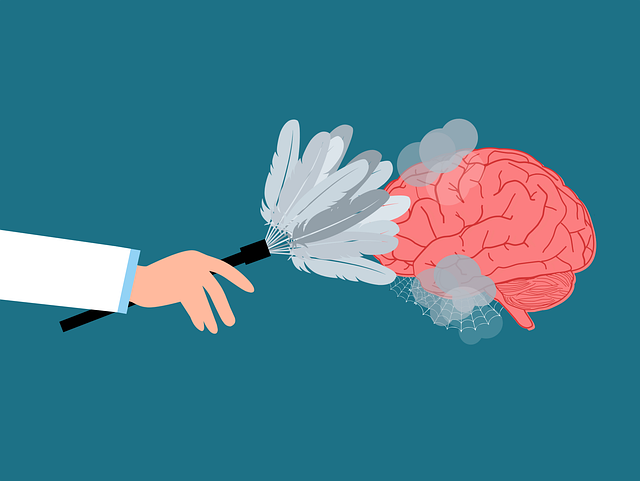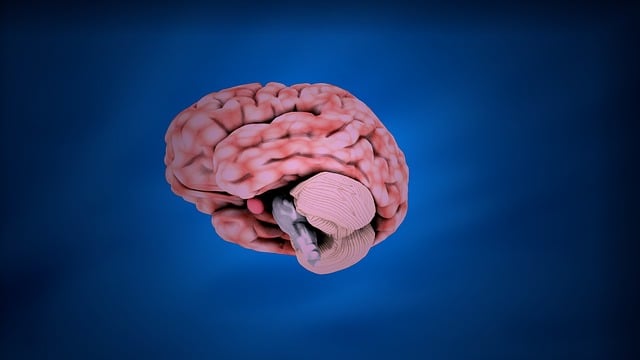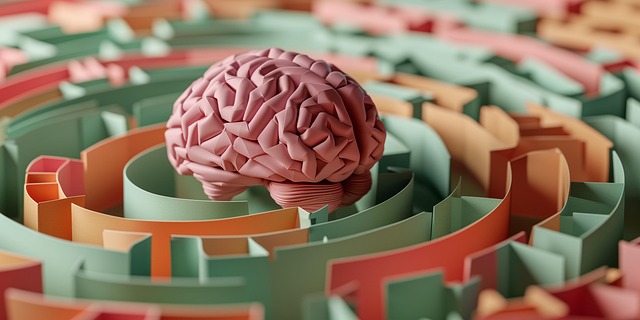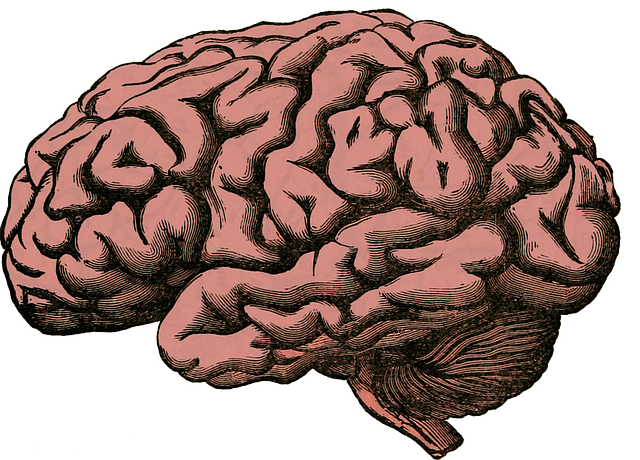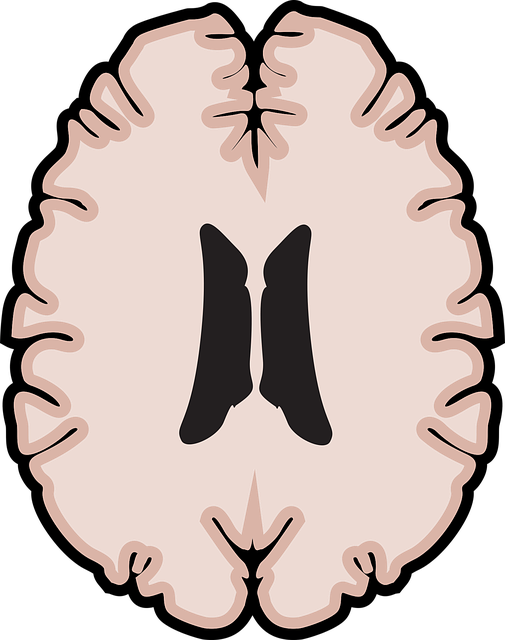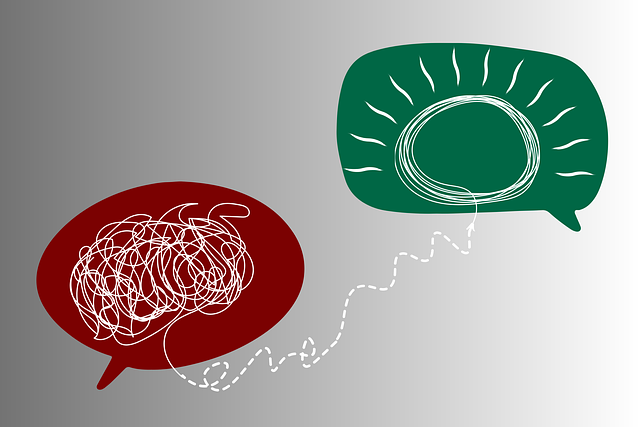Odd (Oppositional Defiant Disorder) significantly impacts adults' mental wellness, making tailored self-care routines and specific therapies like CBT, DBT, and mindfulness crucial. Integrating ODD-focused education teaches stress reduction, emotional regulation, decision-making skills, and resilience, improving mental wellness and quality of life. For effective treatment, seeking therapy for adults with ODD is vital. By identifying personal needs, developing customized self-care routines including CBT, mindfulness, exercise, rest, and enjoyable activities, individuals can manage emotions and prevent burnout. Holistic approaches combining therapy, journaling, stress management workshops, and professional support foster emotional well-being and personal growth in those with ODD.
Mental wellness is a cornerstone of overall health, especially for adults managing conditions like Oppositional Defiant Disorder (ODD). This article guides you through developing a personalized self-care routine that supports mental wellness. We’ll explore understanding mental wellness and ODD, identifying unique personal needs, and integrating effective strategies for long-term wellbeing. By adopting tailored practices, you can enhance your quality of life and even complement therapy for adults with ODD.
- Understanding Mental Wellness and Self-Care for Adults with ODD
- Identifying Personal Needs and Creating a Customized Routine
- Integrating Effective Strategies for Long-Term Wellbeing
Understanding Mental Wellness and Self-Care for Adults with ODD

Odd (Oppositional Defiant Disorder) can significantly impact an adult’s mental wellness and daily functioning. Understanding and addressing ODD through tailored self-care routines is essential for managing symptoms and enhancing overall well-being. Therapy plays a pivotal role in this process, offering individuals effective tools to cope with their condition. Professionals specializing in treating adults with ODD utilize various therapeutic approaches, such as cognitive-behavioral therapy (CBT), dialectical behavior therapy (DBT), and mindfulness-based interventions, to help clients develop healthier coping mechanisms and improve their relationships.
Integrating mental health education programs designed specifically for ODD into self-care routines can be transformative. These programs focus on raising awareness about the disorder, teaching stress reduction methods, and fostering inner strength development. By learning coping strategies, adults with ODD can better regulate their emotions, improve decision-making skills, and build resilience, ultimately leading to improved mental wellness and a higher quality of life.
Identifying Personal Needs and Creating a Customized Routine

Identifying your unique personal needs is a crucial step in developing an effective mental wellness self-care routine. This process involves introspection and awareness of both your triggers and coping mechanisms. Consider factors such as stress levels, sleep patterns, diet, social interactions, and any specific challenges you face, like Oppositional Defiance Disorder (ODD). ODD can impact emotional regulation, so integrating therapy techniques tailored for adults with ODD into your routine may be beneficial.
Customizing your self-care means creating a plan that addresses these individual needs. For instance, incorporating practices such as mindfulness meditation, regular exercise, or journaling can boost emotional intelligence and promote overall emotional well-being. Healthcare providers often emphasize burnout prevention strategies, so ensuring your routine includes adequate rest, relaxation, and activities you genuinely enjoy is essential for maintaining mental wellness.
Integrating Effective Strategies for Long-Term Wellbeing

Developing a mental wellness self-care routine involves integrating effective strategies for long-term wellbeing. For adults with Oppositional Defiance Disorder (ODD), tailored therapy sessions can play a pivotal role in managing symptoms and promoting emotional well-being. These sessions often incorporate techniques such as cognitive behavioral therapy (CBT), which helps individuals challenge negative thought patterns and behaviors, thereby improving self-regulation.
In addition to professional support, adopting confidence-boosting activities like mindfulness meditation or journaling can further enhance one’s mental resilience. Stress management workshops organized by mental health organizations offer practical tools for coping with daily stressors, fostering a healthier mindset. By combining these approaches, individuals can create a holistic self-care routine that supports their overall emotional well-being and fosters personal growth.
Developing a personalized mental wellness self-care routine is a proactive step towards managing and improving one’s overall well-being, especially for adults with Oppositional Defiant Disorder (ODD). By integrating strategies from therapy sessions and tailoring them to individual needs, individuals can foster long-term mental health resilience. Customized routines that include stress management techniques, mindfulness practices, and engaging hobbies not only support emotional balance but also empower adults with ODD to take charge of their mental wellness journey.
